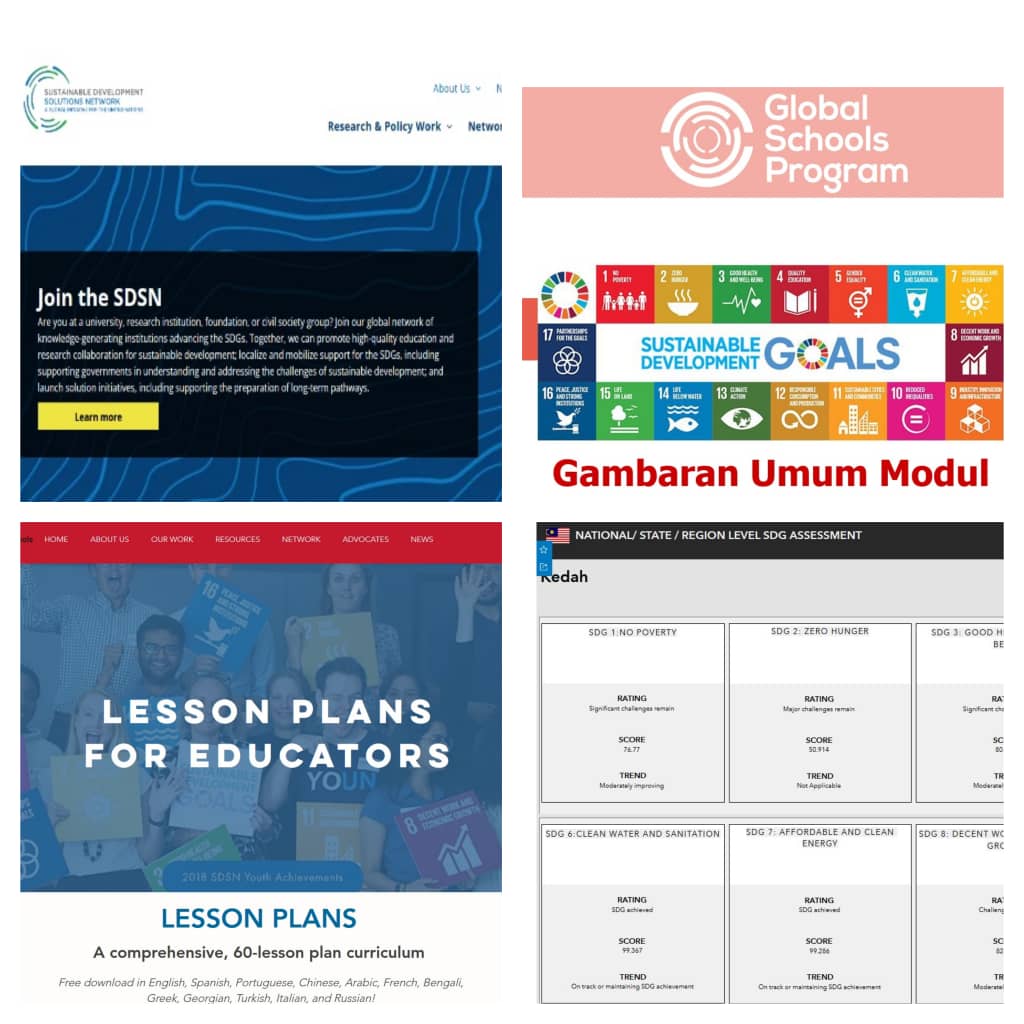Universiti Utara Malaysia (UUM) has made a significant contribution to the United Nations Sustainable Development Solutions Network (SDSN) Malaysia by successfully translating 15 out of 60 teaching syllabi for primary and secondary school children in "Education for Sustainable Development (ESD)". This project aligns with the Sustainable Development Goals (SDGs) and aims to promote sustainable development practices among the younger generation.
The initiative involved the dedicated efforts of six university staff members: Dr. Ahmad Saadi Kamaruddin, Dr. Nur Suhaili Mansor, Dr. Hapini Awang, Assoc Prof Dr. Masnita Misiran, Rohani Abdullah, and Assoc Prof Dr. Zahayu Md Yusof. Their combined expertise and commitment played a crucial role in the completion of this project.
By translating the teaching syllabi, UUM aims to contribute as a driver of sustainable development in Malaysia. The contents of these syllabi will be integrated into the Education for Sustainable Development (ESD) repository under the Ministry of Education. This will ensure that the valuable educational materials are readily available to educators and students across the country, fostering a greater understanding and awareness of sustainable practices.
This collaborative effort between UUM and SDSN Malaysia underscores the university's dedication to making a positive impact on society and creating a sustainable future. By providing essential educational resources, UUM is playing an active role in nurturing a generation that is equipped with the knowledge and skills needed to address the environmental, social, and economic challenges of the present and the future.
Additionally, for more information on the progress made towards achieving the Sustainable Development Goals (SDGs) in the state of Kedah, you can visit the following link: https://sdg-for-malaysian-states-sdsn.hub.arcgis.com/. This platform provides valuable insights into the efforts and advancements made in Kedah towards the various SDGs. This initiative serves as a valuable resource for monitoring and evaluating the effectiveness of sustainable development efforts in Kedah. It facilitates data-driven decision-making and encourages collaboration among stakeholders towards achieving the SDGs.

